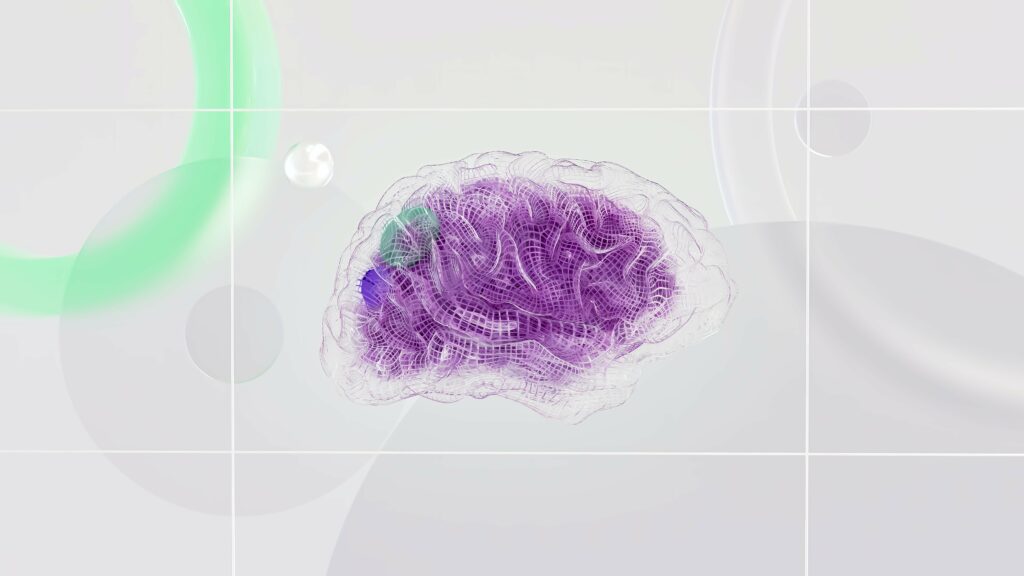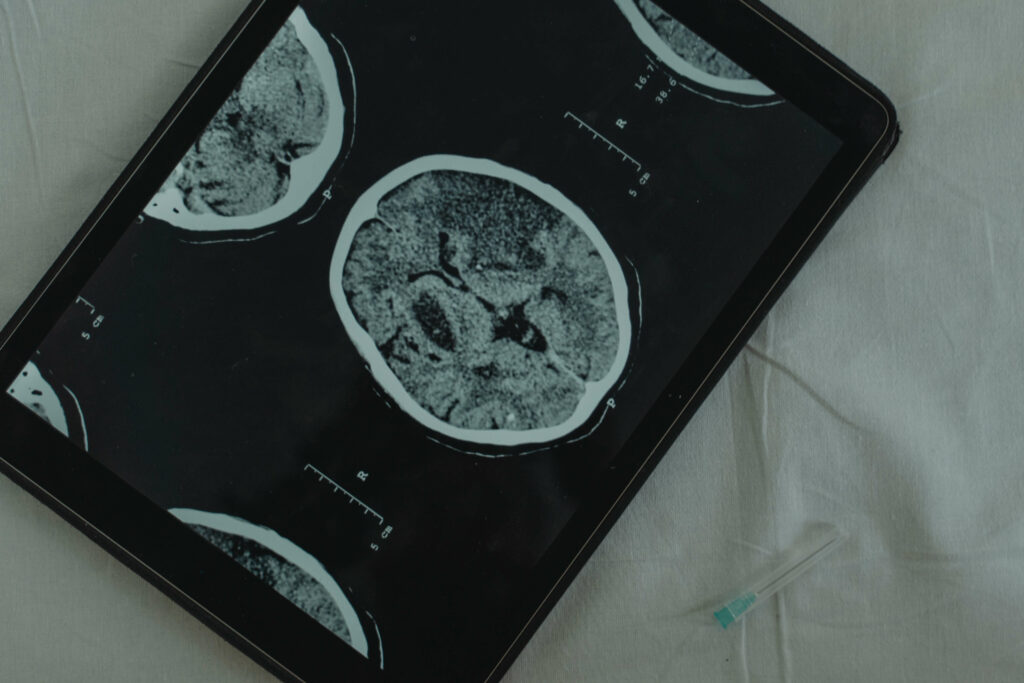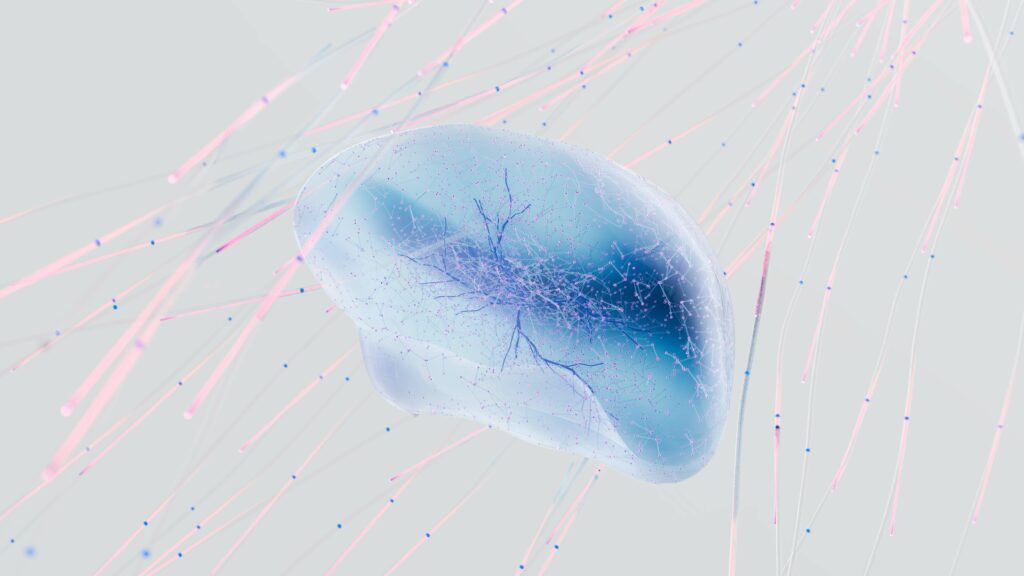You have anxiety.
You’ve tried it all.
Medications. Talk therapy. Some vibrating wearable. Breathing. Diet. Exercise. And so on.
Neurofeedback is a hidden gem of anxiety therapy. It has been around for over 50 years. It is used by athletes, astronauts, and people who need to be calm when stressed.
5 Ways Neurofeedback Works as a Therapy for Anxiety
Neurofeedback is a therapeutic approach that aims to treat anxiety by regulating brain activity and enhancing self-regulation. While its effectiveness may vary from person to person, here are five ways neurofeedback can help treat anxiety
- Stress Reduction: Neurofeedback helps individuals learn to reduce stress and anxiety by training their brains to shift from high-stress states (e.g., beta brainwave dominance) to more relaxed states (e.g., alpha or theta brainwave dominance). Through continuous monitoring and feedback, individuals become better at self-regulating their stress responses.
- Emotion Regulation: Anxiety often involves dysregulation of emotions. This is why we feel so discombobulated. Neurofeedback can target brain regions associated with emotional processing, such as the amygdala and prefrontal cortex, helping individuals gain better control over their emotional reactions and reducing anxiety-related symptoms.
- Improved Attention and Focus: Neurofeedback can enhance concentration and attention by training specific brainwave patterns, such as increasing beta activity during tasks that require focus. This can reduce anxiety, as individuals become more adept at managing the cognitive aspects of their anxiety.
- Enhanced Sleep Quality: Sleep disturbances are common in individuals with anxiety disorders. Neurofeedback can help regulate sleep patterns by targeting brain regions responsible for sleep and relaxation. Improved sleep can significantly reduce anxiety symptoms and improve overall well-being.
- Neuroplasticity and Resilience: Neurofeedback promotes neuroplasticity, the brain’s ability to reorganize and adapt. Encouraging healthier patterns of brain activity can help individuals develop greater resilience to stress and anxiety triggers, making them better equipped to manage and cope with anxious thoughts and situations.
Neurofeedback for Anxiety with The Center for Neurocognitive Excellence
We are proud to be one of the only clinics in DC offering neurofeedback. Additionally, we are well-versed in the different kinds of neurofeedback.
We follow a QEEG-guided neurofeedback approach. We first record a QEEG, which helps us see how your brain works. Then we interpret that and share the results with you. This is how we know which kind of neurofeedback to offer you. And which regions of your brain to target.
It doesn’t matter if you take medication. We know how medication changes brain waves. Our neurofeedback can work without having to change your medications. Many of our clients are able to reduce their medication during and after neurofeedback.
Our Credentials
Schuyler Cunningham, our Director, has written a book on neurofeedback. This was a labor of love. It goes into great detail about neurofeedback and how it works.
He has also published a book chapter in the standard-setting text Social Worker’s Desk Reference Guide (see chapter 60).
We have been practicing neurofeedback and training other providers for years.
Begin Neurofeedback for Anxiety in Washington, DC
When you want to try something new for anxiety therapy, try neurofeedback.
We offer consultations for anyone interested in our services or who wants to know more. You can book your consultation on our website, by texting us at 202-998-2343 (ADHD), or by emailing [email protected].
Additionally, we offer free consultations because we want to answer your questions before we begin neurofeedback for anxiety. We are your resource, even if you don’t work with us.
Beyond Neurofeedback for Anxiety at The Center for Neurocognitive Excellence
In addition to cutting-edge neurofeedback, we offer:
- Neurofeedback for ADHD
- Comprehensive mental health assessments
- ADHD mental health assessments for children and adults
- EMDR focused therapy for trauma
- ADHD focused therapy
- Therapy for Anxiety
- Therapy for Depression
We aren’t just an “uh huh, tell me more” kind of therapy practice. At DCNE, we want to get in there with you and provide tangible results. We do this through assessments, behavioral counseling, and emotional processing to deal with the stigma of mental health and not feeling good enough.
It is a complete package to get you where you want to be.
Get in touch with us today.



Leave a Reply